First off, a shout out to the English teacher who made me learn the word “onomatopoeic” at school because I’m about to use it in a real sentence – for only the second time in 62 years. Ready? Here goes: We all know about the cuckoo, whose onomatopoeic name derives from its well-known call. Interestingly, the cuckoo only ‘cuckoos’ here, in Britain. It’s a mating call, and the bird doesn’t use it for the rest of its year in Africa. …
Category: Uncategorised
Although you might not realise it from the weather, it’s late Spring, almost Summer. That makes it time for all of the new life that is entering our world to make itself seen. It’s also that time when parent creatures are driven frantic by the need to deliver food to growing families. The parents of this pair of little grebe chicks were in constant motion, finding insects and even small fish to feed to their pair. The effort involved …
There is a lot to be said for autumn. Indeed, I told someone recently that I couln’t live a country without seasons, for all the problems that they sometimes bring. Weather is like music: if you only ever heard one note, it would get incredibly boring. The dance of the seasons as they drift into each other is part of what makes life interesting. Mind you, standing in the freezing cold looking for something that isn’t there often takes the …
I was listening to BBC Radio 4 last week. It was reporting on the Poole Harbour oil spill. It seems that the mixture of oil and water from that spill now risks running into Studland Bay, the most globally-important breeding area for spiny seahorses. The what? I know. It surprised me, too. I’m a naturalist and I take an active interest in all British wildlife, and even so I was only vaguely aware that seahorses live in Britain. I’ve watched …
The news in the Guardian recently that beavers are to be released in Ealing represents the ultimate comeback for a species once hunted to extinction in England. Possessor of a fine, waterproof fur and a pair of gland-like sacs near the anus which produced a substance, ‘castoreum’, used in perfumes and – wait for it – vanilla flavouring, the beaver was considered better off dead than alive, a view endorsed – and sometimes still endorsed – by farmers whose fields …
The news that the U.K. Government has designated three areas off Britain’s coast as “Highly Protected Marine Areas (HPMAs)” is to be warmly welcomed. HPMA designation is similar to national park designation. It bans fishing in these areas, and activities that damage the seabed, like trawling and cable-laying. It’s a significant step in ensuring the future of fish stocks, and protecting the vital biodiversity of our inshore seas. The UK Government also recently became one of the signatories to the …
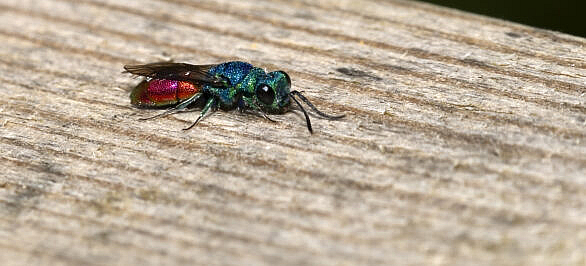
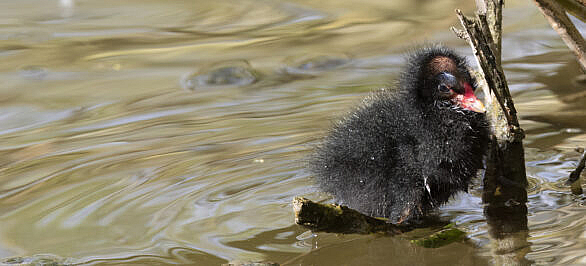
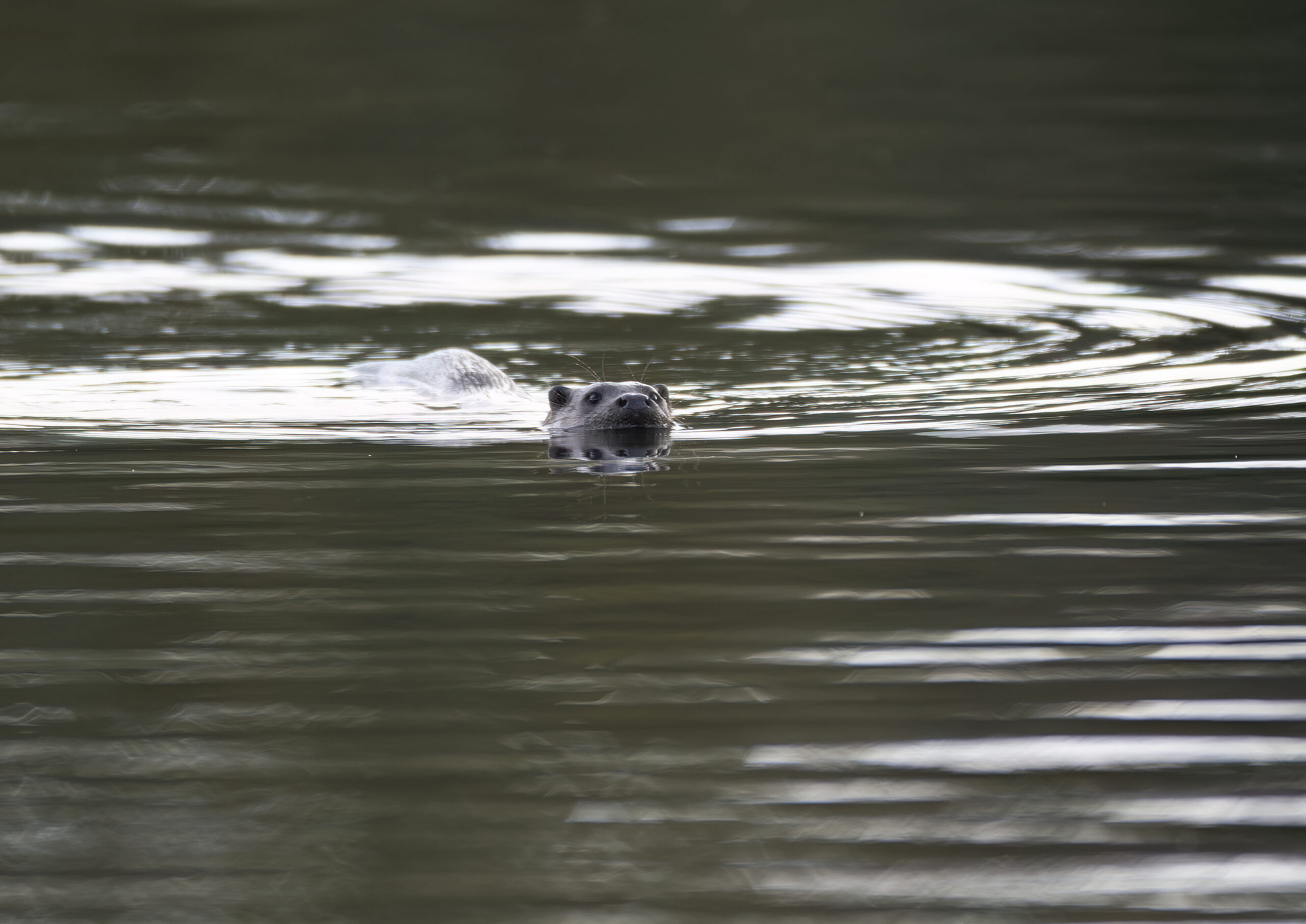
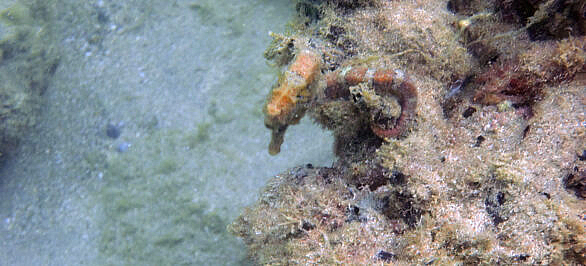
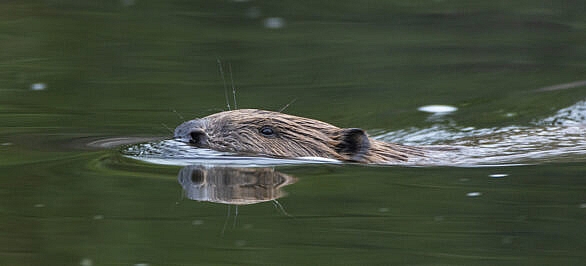
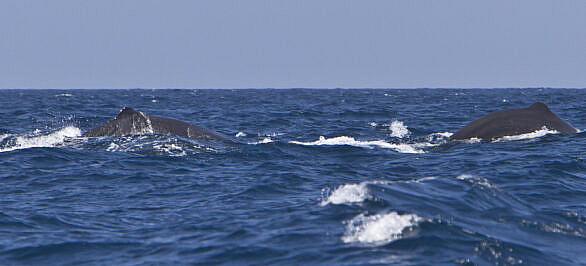

Social Profiles